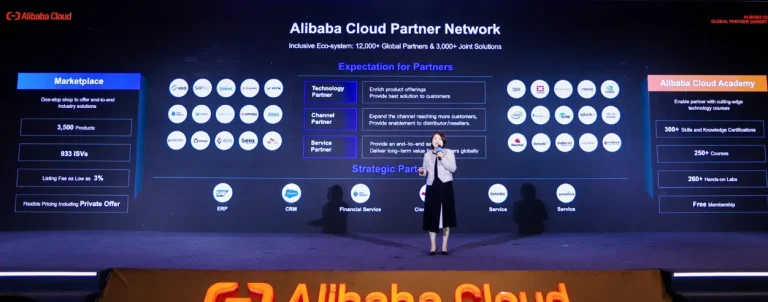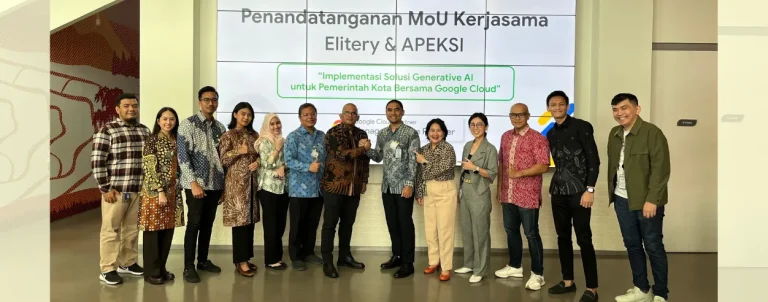Indonesia – In a bid to elevate the country’s use of AI, the government of Indonesia has recently identified five primary areas of focus within its national artificial intelligence utilisation strategy, which include health services, bureaucratic reform, talent education, smart city development, and food security.
According to Meutya Hafid, communication and digital minister at the Indonesian government, these key priorities are designed to foster AI’s full potential in enhancing public services, governance, education, infrastructure, and agriculture.
In terms of health services, the Minister shared that the Ministry of Health has already utilised AI to improve accessibility and accuracy of diagnoses. Said technology has enabled early disease detection and has also optimised hospital management processes.
The Minister then elaborated on the use of the 4P model approach (predictive, preventive, participatory, and personalised) to further enhance public access to quality health services. As she noted, AI has allowed government agencies to implement data processing solutions that significantly reduce both time and expenses.
In 2025, she also indicated the government’s introduction of an electronic-based government system (SPBE) to provide integrated services across all ministries.
Meanwhile, Hafid stated the effective use of AI to cater to individual learning needs. This includes the implementation of independent learning methodologies and the provision of online training materials that provide flexible access to educational resources for participants.
She also pointed out that AI-driven data traffic management plays a vital role in ensuring the successful development of smart city mobility solutions.
Hafid further noted, “We have actively collaborated with the Bandung Institute of Technology (ITB) in the pursuit of smart city development. ITB has conducted comprehensive rankings and in-depth analyses of cities that have successfully implemented digital-based services.”
“We acknowledge that AI has far-reaching implications across all sectors. However, we have strategically decided to prioritise and focus on developing several key areas, including those directly related to national nutritional security,” she further added.
Hafdi stressed the role of AI in achieving food security by optimising the productivity of food crop agriculture and effectively managing agricultural land.
With its crucial role in the food security sector, Hafdi also stressed that AI-based technology streamlines the productivity of food crop agriculture and effectively manages agricultural land. Said approach can be used for accurate weather and climate forecasting and aniticpating food and logistics supply chains.












